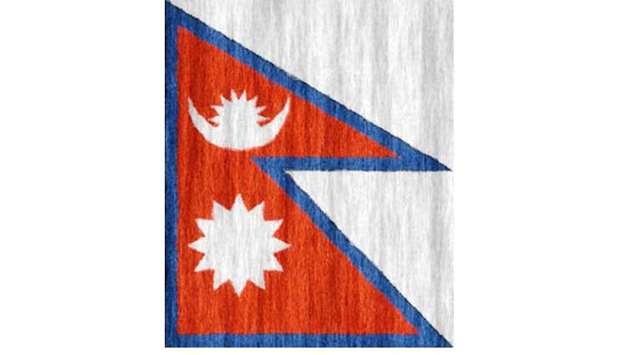justice.
Human Rights Watch, Amnesty International and the International Commission of Jurists said in a statement on Tuesday that the government had deliberately hamstrung two commissions tasked with probing crimes committed during the country’s brutal 10-year civil war by failing to allocate adequate funds and manpower.
Nepal established the Truth and Reconciliation Commission and the Commission of Investigation on Enforced Disappeared Persons in 2015 – nine years after the end of the conflict – to investigate abuses by both sides in the conflict between Maoist rebels and the state.
But they have been widely criticised as toothless and there have been only two convictions, one for the brutal killing of a teenage girl by soldiers and another for the killing of a
journalist by Maoist rebels.
The government recently extended the mandates of the commissions for another year, but has not passed the legislation needed to give them legal powers to prosecute war crimes.
“Families and victims of Nepal’s decade-long civil war have waited far too long for answers, and cynical government attempts such as extending the mandate without broader reform... is a further slap in the face,” Meenakshi Ganguly, South Asia director at Human Rights Watch, said in the
statement.
“The two commissions have gathered a lot of documentation, but the authorities seem more committed to protecting perpetrators than ensuring justice in the process.”
At the beginning of the year, the commission tasked with probing disappearances during the conflict declared hundreds of the missing as dead.
The move drew criticism from victims groups who slammed it as arbitrary, saying that no investigation had been carried out.
More than 17,000 people were killed, 1,300 disappeared and thousands displaced during the civil war, which ended in 2006 with a peace deal between Maoist insurgents and government forces.
The pact also heralded the end of the Hindu monarchy, abolished two years later after the former rebels won power in Nepal’s first post-war national elections.

